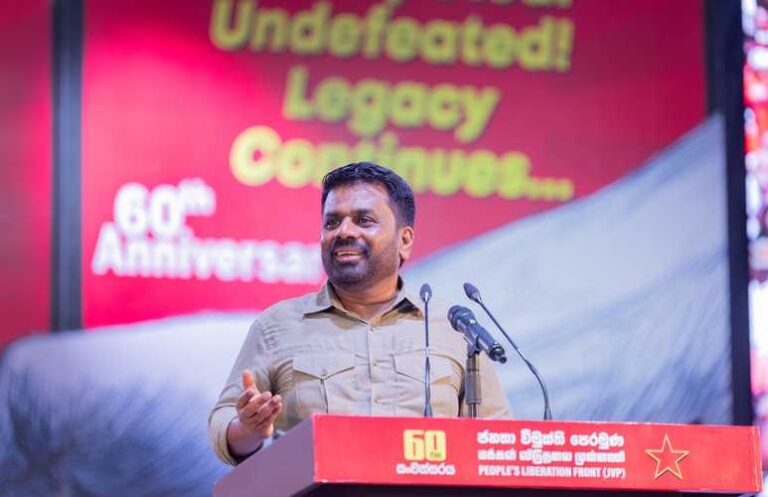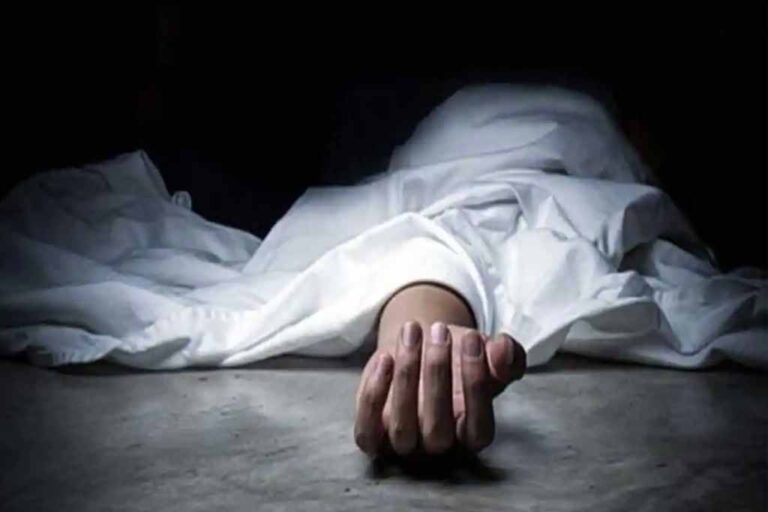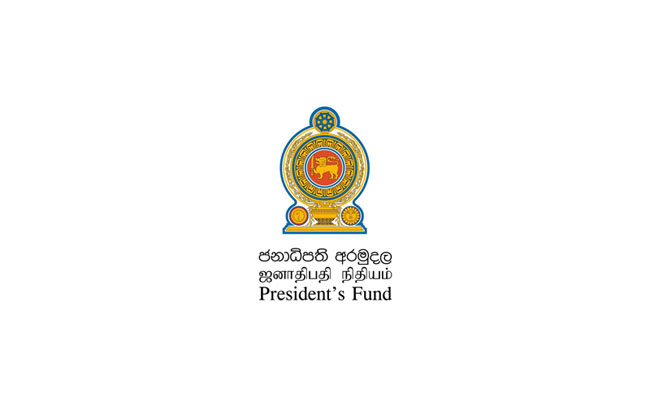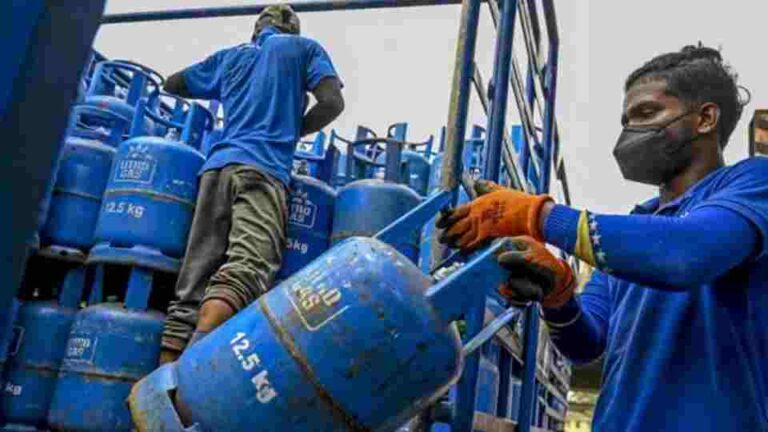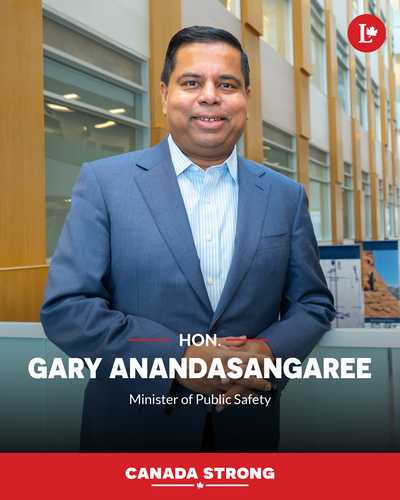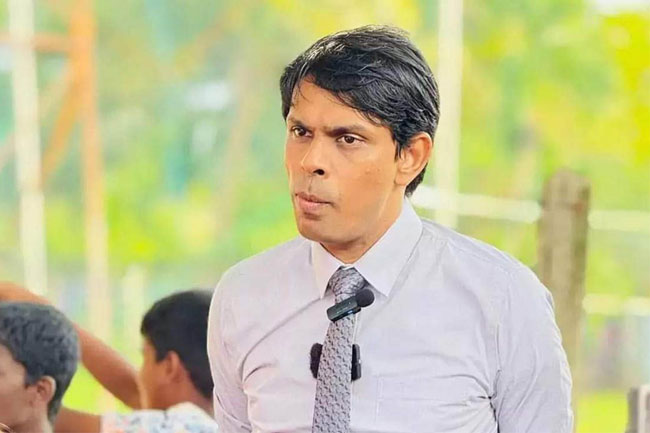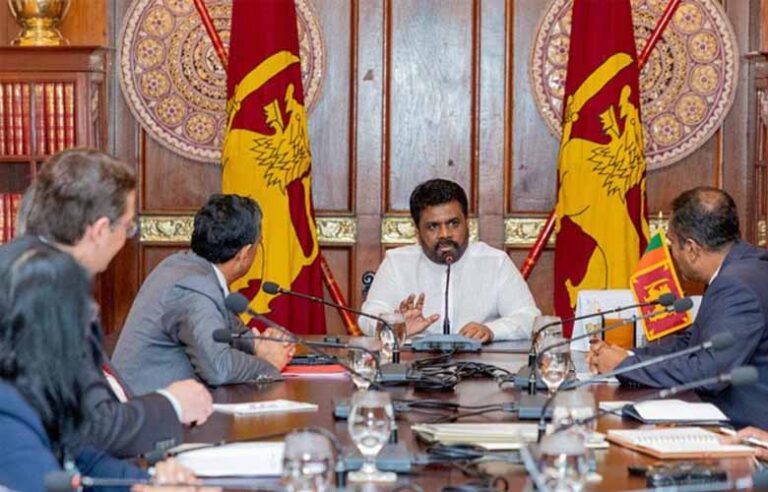May 15, Colombo (LNW): President Anura Kumara Dissanayake has made a firm declaration that his government will assert administrative authority in every local council where the National People’s Power (NPP) emerged victorious, insisting that the electorate’s voice must not be disregarded under any circumstances.
Speaking at a public event marking six decades of the Janatha Vimukthi Peramuna (JVP), held at Colombo’s Viharamahadevi Open Air Theatre on Wednesday, the President made a pointed appeal for democratic integrity, warning against any attempts to undermine or distort the recent local government election outcomes.
He underscored that the public mandate—reflected through the ballot—ought to be honoured in both letter and spirit.
Addressing a crowd of supporters and party members, President Dissanayake critiqued what he described as a growing tendency amongst some political actors to interpret power as a matter of negotiation or convenience rather than democratic right.
He noted that the NPP had secured a clear majority in 267 local councils, and as such, it was incumbent upon the party to assume leadership in those institutions without interference.
“There are those who believe control over local bodies can be reduced to mere backroom deals or the influence of a few. That era is over,” he said, drawing applause from the audience. “We were given a mandate by the people, and we will act on it decisively.”
He issued a strong warning to any forces attempting to obstruct the formation of NPP-led administrations in local councils, stating that legal and parliamentary tools would be used to counteract such moves.
The President hinted that his government was prepared to pursue constitutional changes, if necessary, to defend the sanctity of the vote.
The comments come amidst reports of behind-the-scenes efforts by rival factions to sway control in certain councils through procedural tactics and cross-party deals.
These developments have raised concerns about whether the local election results will be fully respected.
President Dissanayake also pushed back against suggestions that his party’s recent success in local polls did not equate to a national mandate. Citing comparative figures, he said that if parliamentary representation were allocated based on the local results, the NPP would command 122 seats in the legislature—a figure that underscores its growing political strength.
“There are those who are quick to question the legitimacy of our mandate. But the numbers tell a different story. If anything, this mandate is a resounding affirmation of the people’s trust in our platform,” he said.
The President’s comments are seen as a direct message to political opponents and bureaucratic institutions alike, indicating that the NPP intends to exercise its electoral victories with confidence and determination.


